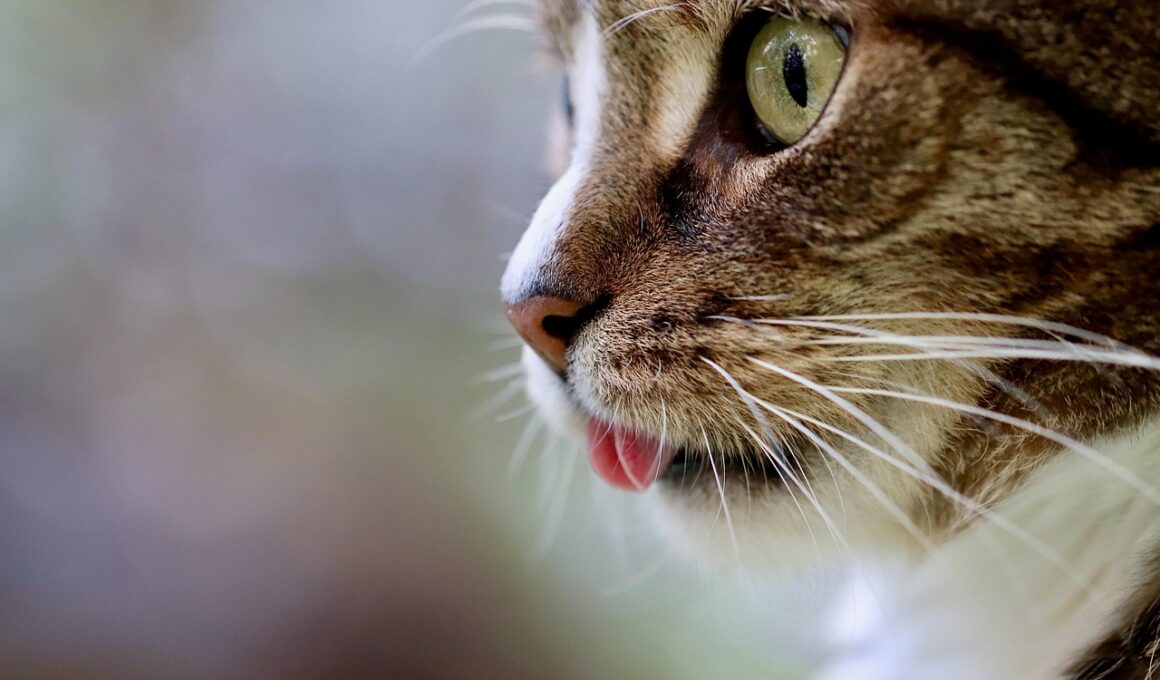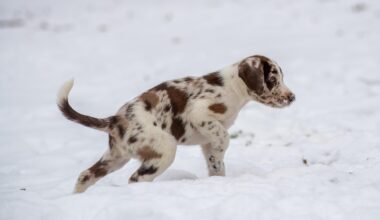Feeding Practices to Ensure Adequate Taurine Intake
Cats are unique creatures that require specific nutrients for optimal health, with taurine being one of the most critical. This amino acid plays a vital role in several bodily functions, including heart health, vision maintenance, and reproductive success. Unlike dogs or humans, cats cannot synthesize taurine efficiently, making it essential to include sufficient quantities in their diet. Most commercially available cat foods are formulated to meet these nutritional needs; however, not all products are created equal. Thus, it is crucial to read labels carefully to ensure that the food contains adequate taurine levels. An imbalance could lead to health complications ranging from heart disease to retinal degeneration.
Feeding your cat a balanced diet with high protein content is paramount for ensuring proper taurine intake. Generally, animal-based protein sources like poultry, fish, and organ meats are rich in taurine and support feline dietary requirements. Opting for high-quality wet or dry food can help deliver necessary nutrients more efficiently. Whenever possible, consult with a veterinarian to determine your cat’s specific dietary needs. In some cases, a switch to premium brands that highlight taurine as a key ingredient may be beneficial. Always evaluate whether the product adheres to AAFCO guidelines to ensure it is nutritionally complete.
Recognizing Signs of Taurine Deficiency
Understanding how to recognize signs of taurine deficiency in your cat is crucial for effective dietary management. Common symptoms include lethargy, poor coat condition, eye issues such as cloudiness, and increased susceptibility to ailments. Heart-related issues such as feline hypertrophic cardiomyopathy can also be a direct consequence of insufficient taurine. If you notice these symptoms, it is vital to consult a veterinarian promptly. Early intervention can lead to improved outcomes and prevent further complications. Make it a habit to monitor your cat’s behavior, coat, and overall health regularly, ensuring consistency in nutrient intake.
While choosing commercial cat food, consider the age and lifestyle of your feline friend. Kittens and pregnant cats have higher taurine requirements, necessitating specially formulated diets. As they mature, nutritional needs may shift; what works for an active young cat may not be suitable for a senior cat. In such cases, consult your veterinarian to tailor the diet according to your cat’s life stage. Homemade diets can also be an option but require careful planning and knowledge about proper nutrient balance. Always prioritize taurine-rich ingredients to maintain overall health.
Incorporating Supplements Safely
In some instances, offering additional taurine supplements might be necessary, especially if the cat’s existing diet falls short. Various taurine supplements are available in the market, ranging from powders to capsules. It is essential to consult with a veterinarian before incorporating any supplements into your cat’s diet. Guidelines may vary based on individual health conditions and dietary needs, so professional input is critical. Monitoring your cat closely after introducing any new supplements is also recommended, as any changes can impact overall well-being. Adjusting based on your veterinarian’s recommendations will help achieve optimal taurinine levels.
Many pet owners may wonder about the implications of homemade diets on taurine levels. While they can provide excellent nutritional benefits when properly prepared, care must be taken to ensure that their hen is not deficient in taurine. The challenge lies in balancing all essential nutrients adequately to meet feline health standards. Research indicates that cooked meat can lose some taurine content, necessitating vigilance in preparation. If considering a homemade diet, consulting a veterinary nutritionist experienced in feline dietary needs becomes incredibly beneficial. By collaborating with experts, you can create a balanced and appropriate diet, reducing risks associated with deficiencies.
Conclusion: Monitoring and Adjusting Diets
Overall, ensuring your cat’s taurine levels remain adequate is crucial for long-term health and well-being. Regular vet visits will help track taurine levels among other essential nutrients, making adjustments as necessary. There’s no single universal formula; every cat has unique needs based on age, lifestyle, and health status. Stay informed about the latest nutritional science concerning feline diets and be proactive in monitoring your pet’s intake of this essential amino acid. A balanced diet that includes high-quality protein sources will significantly impact their quality of life, resulting in healthier, happier felines.
Ultimately, commitment to understanding and implementing appropriate feeding practices will yield fantastic health benefits for your feline friends. Keep in mind that your efforts in maintaining sufficient taurine intake will also extend their vitality and longevity. The bond between you and your cat will become stronger as their health improves. Regularly updating your knowledge about cat nutrition will ensure that you provide various options tailored best to their needs. Engaging pet owners in dialogue about suitable taurine sources can foster community support for optimal pet health.


